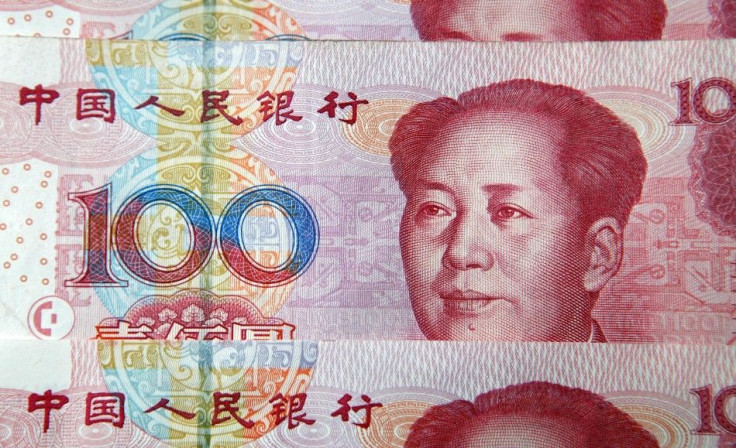China’s January trade surplus plummets

China’s trade surplus fell 53.5 percent to $6.45 billion in January, as both exports and imports increased sharply ahead of the Lunar New Year holidays in the country, the General Administration of Customs said on Monday.
While exports from the country rose 37.7 per cent to $150.73 billion in January compared with the month a year earlier, imports jumped 51 per cent to $144.28 billion.
However, the official data showed that China’s trade surplus in January reached the lowest level since early last year. In November and December, the surplus stood at $22.7 billion and $13.1 billion, respectively.
The US government has been criticizing China’s exchange rate policy, saying Beijing is keeping the yuan undervalued to boost exports.
Senators Olympia Snowe (R-Maine) and Sherrod Brown (D-Ohio) on last Thursday introduced a bill that seeks to punish China’s undervalued currency with import tariffs.
Titled the Currency Reform for Fair Trade Act of 2011, it will give US businesses the ability to petition the Commerce Department to levy duties on Chinese goods that are cheaply sold, to their detriment, in the US market.
Brown acknowledged that China has been taking tentative steps in appreciating the yuan, but he thinks the pace isn’t fast enough and the bill would “level the playing field for American manufacturers and speed up our economic recovery.”
Overall, China’s trade surplus in 2010 stood at $183.1 billion compared with $196.1 billion in 2009.
© Copyright IBTimes 2025. All rights reserved.




















